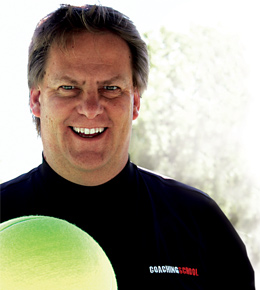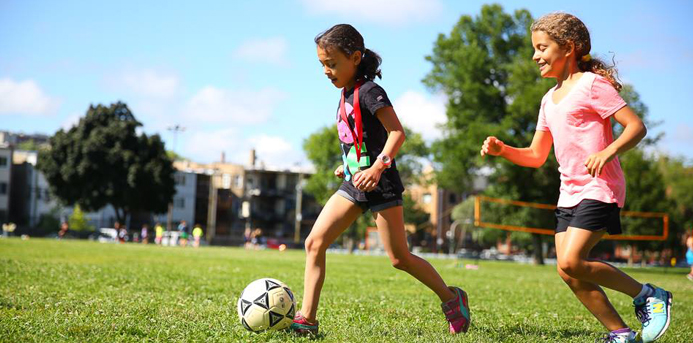Gary Avischious is a coach who teaches parents and other coaches how to NOT ruin sports for the young athletes in their charge.
And even though he advocates no screaming (a crazy radical thought for coaching) and practice as play—his kids not only love to play their sport, they succeed.
Here’s what Avischious says most parents are doing wrong, and how to make it right.
1. Slow Success is Best
“The sooner your child achieves success, the more likely he or she is to burn out,” says Avischious. Over 70% of U.S. kids drop out of youth sports by the age of 13, and according to Avischious, the top 3 reasons kids give are all adult related.
The U.S.A. Hockey program is one that Avischious thinks is doing it right. “They realized that a kid will be good if he specializes at age 8, but he’ll be burned out by 14.” They also found that the best hockey players were all multi-sport athletes during their childhood, and specialized much later than most parents assume is ideal.
2. Money isn’t the Answer
You can hire private coaches, but you can’t buy love. A kid who passionately loves her sport is a child who won’t have to be nagged to practice. She’ll go out and shoot basket after basket, simply because she wants to. That can’t be bought or forced, but Avischious notes that it’s helpful to have a parent who loves the game and shares that enthusiasm (not pressure, enthusiasm).
3. Miss a Game (or Two)
Avischious encourages parents to miss a game every now and then. “Kids know that their performance affects the family mood,” he says. And to the mom who frets that her child may have his best game and she’ll miss it, he says to make sure you miss the next game too. Less pressure to perform because your parents are watching, can equal better performance.
4. Value Play
Our work ethic leads us to believe that play is the opposite of performance, says Avischious, but he believes play is the foundation for performance and the anecdote for burnout. Remember, Michael Jordan learned his skills through pick-up games, not through endless dull drills with an adult blowing the whistle.
5. Praise a Little Less
Telling a kid that she’s “a natural” or has a “God-given talent” is counter productive. “The more you tell them they have talent, the less they perform,” says Avischious. Instead, praise the effort your child put into the game or practice.
Avischious travels the country presenting forums to coaches and parents on how to utilize play, coaching and behavioral science to optimize kids’ enjoyment of a sport. He is founder of CoachingSchool.org and author of the Tennis Parent Passport, a guide to help children succeed in the game of tennis (and life).
Avischious will speak at a special Parents’ Role in Youth Sports forum at the following Midtown Athletic Clubs. All sessions with the exception of November 7 are FREE and open to the public:
Monday, November 7
Midtown Athletic Club Chicago, 2020 West Fullerton
4:30-6:00 p.m. ($20 for non-members, to benefit Tennis Opportunity Program)
(773) 235-2300
Tuesday, November 8
Midtown Athletic Club Bannockburn, 2211 Waukegan Road
4:30-6:00 p.m. and 6:30-8:00 p.m.
(847) 945-1818
Wednesday, November 9
Midtown Athletic Club Palatine, 1760 N. Hicks Rd.
4:00-5:30 p.m. and 6:30-8:00 p.m.
(847) 991-4646
Thursday, November 10
Midtown Athletic Club Willowbrook, 215 West 63rd St.
4:30-6:00 p.m. and 6:30-8:00 p.m.
(630)323-3918

